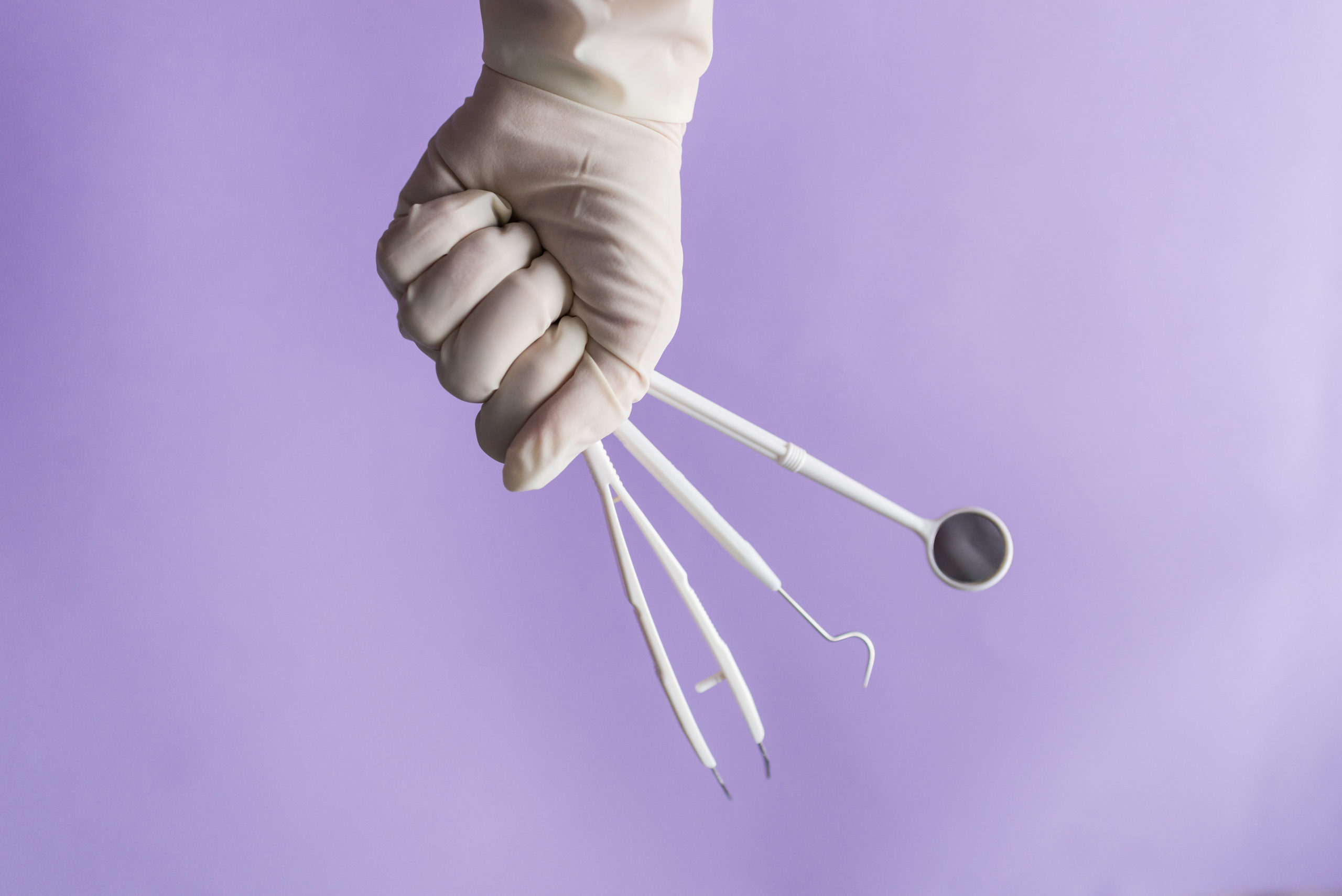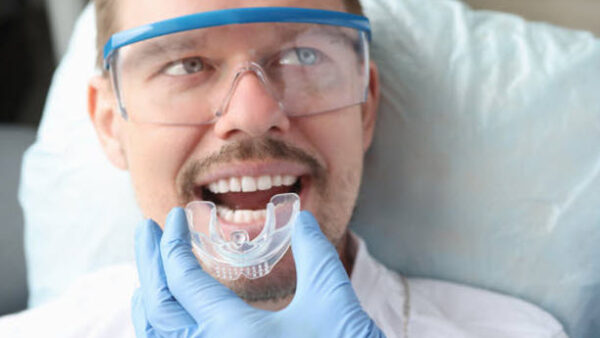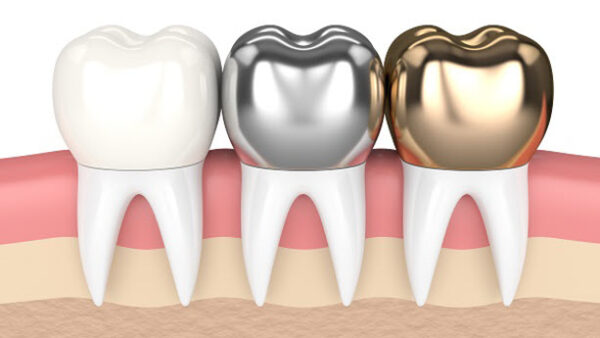Preventive Dentistry starts at home with your daily oral hygiene, including regular brushing and flossing. Eating a balanced diet also helps prevent oral health problems. When you visit the dentist regularly, your dental care team can advise on ways to maintain and restore your oral wellness.
Preventive dental care should include:
1. Regular dental exams
2. Cleanings
3. X-Rays
4. When necessary, sealants and fluoride to prevent tooth decay
With proper preventive care, you can avoid expensive dental issues while maintaining a healthy, beautiful smile.
Question: My dentist told me that I am at risk for periodontal disease and that I would benefit from a deep cleaning. Nothing hurts, do I really need to do this?
Answer: I like to answer questions like this with a medical analogy, which most people will find easy to understand. When a patient sees the physician and the doctor tells them that they have high blood pressure or uncontrolled sugar levels and the physician prescribes medication, most people understand the consequences of not following the recommendation. Not taking preventative medicine in these cases means potential stroke, heart attack, kidney problems, etc.
Just as you can be at high risk for diabetes while feeling fine, you can be at high risk for dental disease without experiencing pain or noticing the daily discomfort the disease is causing. Your dentist and hygienist aim to decrease your risk for bone loss, infections, and tooth loss.
Question: What are the early signs of periodontal disease?
Early signs of periodontal disease can be mild, to the point where they creep up over time and you don’t notice the symptoms. These mild symptoms become a part of your regular life and you become accustomed to mild tooth sensitivity, minor discomfort while chewing, bad breath, bleeding gums, changes to the way your teeth fit together, etc.
This slow change over time is why patients might not notice that they are developing periodontal disease. The whole point of visiting a dentist is to find and diagnose these sorts of ailments long before they lead to severe problems, such as tooth loss and extreme pain.
Question: What is Periodontal dental deep cleaning?
Unfortunately, at this point, there is no magic pill you can take to prevent periodontal disease by itself, but the deep cleaning your dentist suggested is an effective, non-invasive and safe way to slow the process down and possibly even reverse it.
If you take no action now, you might find yourself needing gum surgery, tooth extraction, and other more serious and invasive treatments later. Prevention really is the best medicine.
Question: Is Periodontal deep cleaning painful?
This deep-cleaning procedure is simple and painless. Your dentist might be recommending scaling, which is the process of deep cleaning your teeth and gums. In addition, localized placement of antimicrobial agents may be recommended to help reduce the level of bacteria hiding in your gums that is eating away at the strength, health and overall wellbeing of your gums.
Question: What is root planing?
Or your dentist might suggest root planing. This process involves smoothing your tooth’s root surface to keep bacteria from growing. This promotes healthy, strong teeth and aids in recovering from bacterial infections.
You might see your dentist more frequently while receiving preventative treatments for periodontal disease to check on how you are responding to these treatments. Many insurance plans allow coverage for more frequent preventative visits if a patient has undergone some of the previously mentioned therapies.
Next Steps
Whether your dentist is recommending deep cleaning to avoid periodontal disease or a filling to prevent decay from destroying a tooth, you should engage in preventive dental care to avoid serious ailments in the future.
For questions about Preventative Dental Care and other dental procedures ask your dentist or contact Dr. Guller at: askdrguller@aol.com or call 201-391-5565.





Leave a Reply